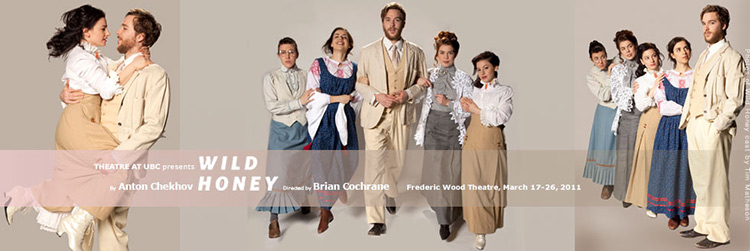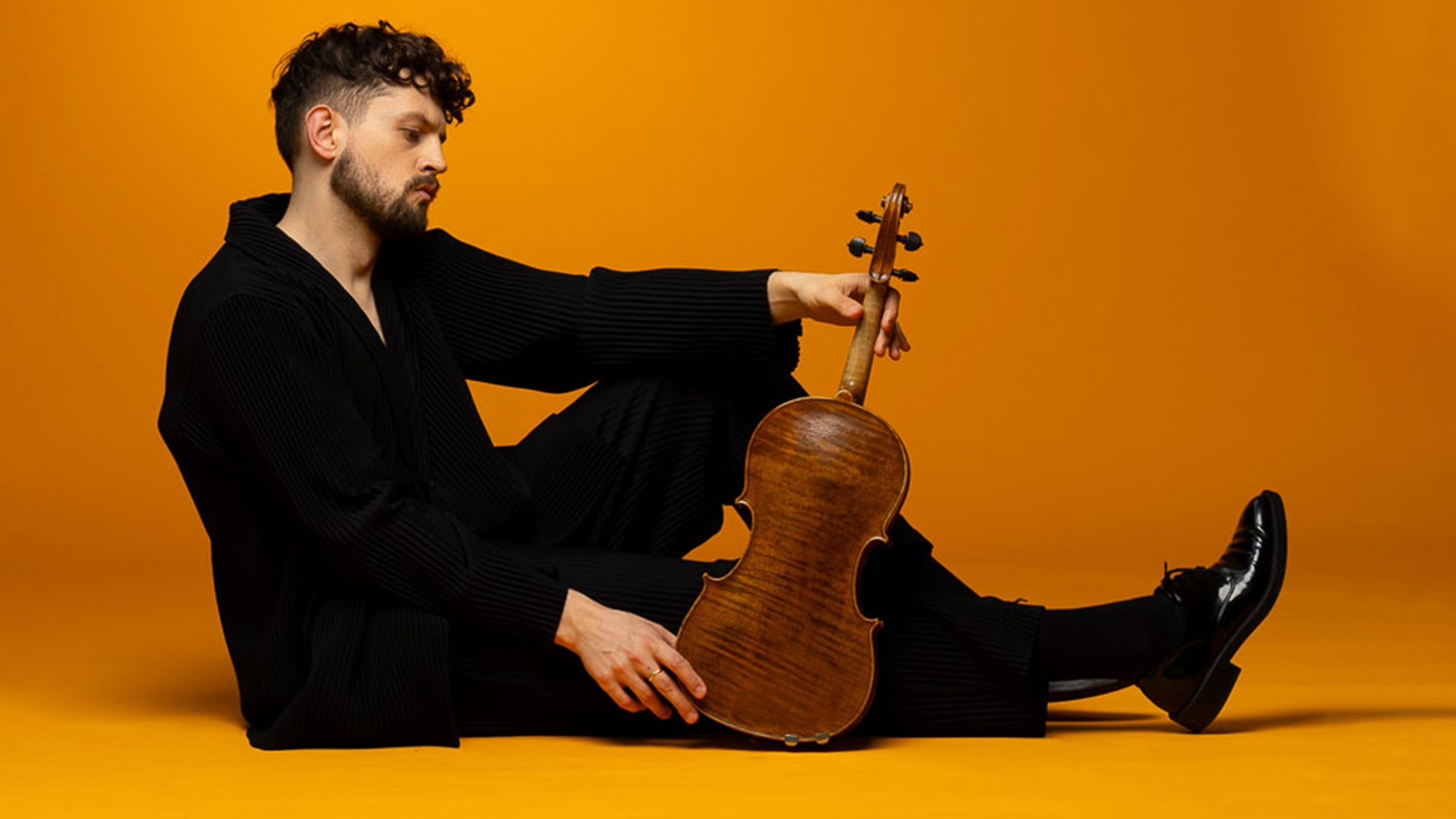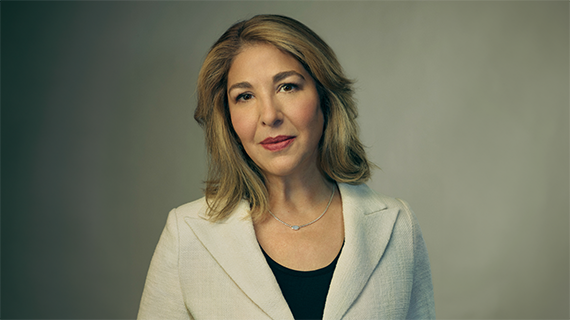

By Mary Leong
The mere mention of Russian playwright/author Anton Chekhov brings to mind titles such as The Cherry Orchard, Three Sisters, and The Seagull. However, UBC Theatre director Brian Cochrane instead chose to stage Wild Honey, an obscure posthumously discovered Chekhov play.
Hailing from Saskatoon, Cochrane is a MFA Directing student. To fulfill the production requirement in his degree, he is putting on a production of Wild Honey, a Michael Frayn adaptation of an earlier Chekhov play.
Wild Honey was not the initial play that Cochrane had set his sights on. He had intended on staging The Lieutenant of Inishmore (Martin McDonagh), but eventually settled on Wild Honey for its rich host of characters in their twenties.
“The large cast gave me a good opportunity to showcase lots of good acting and design students at UBC,” said Cochrane.
What particularly drew Cochrane to Wild Honey was also the interesting history behind the play. The original manuscript was discovered in 1920, several years after Chekhov’s death, but the title page was missing. As a result, the play is known by a number of names. In English, it is frequently performed as Platonov, titled after the play’s protagonist. This particular adaptation is titled “Wild Honey”, which is directly drawn by Michael Frayn from the text of the play.
It is believed that Chekhov wrote the play at the beginning of his career, though it is uncertain whether it is his first full-length play. Many themes that re-appear in his later plays first make an appearance in Wild Honey. It is speculated that Chekhov had abandoned the manuscript after it was rejected by an actress who he had in mind to cast as Anna Petrovna, one of the female protagonists of the play.
The cast is hard at work fleshing out their characters and figuring out their characters’ motivations behind what they do, prior to starting blocking rehearsals. Next week, they will move into their new home in the Frederic Wood Theatre and begin rehearsals there.
“There is the unique challenge of having a lot of people on stage in the first scene, and it is quite difficult to block when you usually have two or three people on stage. However, if the characters know why they are doing what they are doing, they will naturally begin to move in the right way,” Cochrane said.
“I am excited for the play to run. Everything in the play comes together at the very end, and it all happens for a reason.”


